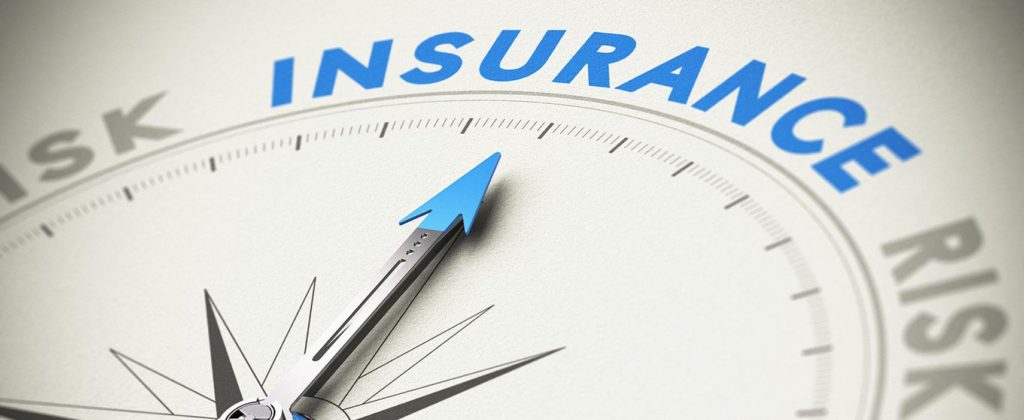
A car insurance policy pays out not only if your vehicle sustains damage in an accident or fire, but also if it’s stolen or damaged during attempted theft. Modifications that improve your vehicle’s security, making it less likely a thief will successful steal it—or a vandal damage it—can therefore trim the premiums on fully comprehensive and third party, fire, and theft (TPFT) policies.
In fact, security systems are the only modifications that can reduce your premiums. Additions like spoilers and chrome wheels will only see insurance premiums rise. So if you’re keen to Pimp [Your] Ride and want to keep your insurance costs to a minimum, try to satiate yourself with a great, industry-approved alarm system.
Not every insurer will roll out premium discounts for security systems and they’re quite picky about devices. An alarm or immobilisers won’t be worth much on your insurance quote unless it’s been accredited by the Motor Insurance Repair Research Centre (MIRRC), known as Thatcham.
According to data gathered by GoCompare, 25% of policies confirmed a discount might available for having an accredited immobiliser fitted and 23% offered potential discounts for alarms. If you’re looking to invest in a security system simply to win savings on your premiums, check with insurers upfront about which systems they will accept and what level of savings they’ll earn you.
However, it’s never a bad idea to be security conscious. Even if you don’t save much or anything on your car insurance premiums with them, added security measures can give you peace of mind and reduce the risk of having your vehicle stolen, an experience that can be stressful, frightening, inconvenient, and expensive even with insurance.
Types of Security Modifications
- Alarms: Car alarms aren’t just for rousing your neighbours from REM sleep with every strong gust of wind. They can alert you if anyone is tampering with your vehicle, trying to steal it, steal things from it, or vandalise it, and with flashing lights and loud noises, can frighten these miscreants off. Some alarm systems are even linked to a smartphone app, so even if you’re somewhere you can’t hear the blare, you’ll still be kept abreast of developments around your bonnet. Alarms are fitted as standard on most new cars and these in-built security systems will be one factor influencing which car insurance group a vehicle is placed in, and thus its premiums. However, older vehicles or more basic trim levels of newer cars may not have alarms. In that case, having an approved alarm system professionally installed can potentially lower your premiums. Alarms rated as category 1 by Thatcham—meaning they offer the most protection, with perimeter and ignition detection; glass break, movement, and tilt sensors; and a battery-powered alarm—run at around £150.
- Immobilisers: An immobiliser is a device which stops a car from being started by anyone who doesn’t have an authentic key. There are two types of immobilisers on the market: electronic ones, which earn a category 2 ranking from Thatcham, and mechanical ones, which fall under category 3, and are often steering wheel and gear lever locks. The aim of both types is to prevent thieves from being able to hot wire a car and drive away in it. Immobilisers have been fitted on new UK cars as standard since 1998, but older vehicles can benefit from having one installed. Category 2 electronic immobilisers start at around £50.
- Trackers: Tracking systems transmit the location of your vehicle, allowing it to be traced and recovered if it’s stolen. Tracking systems in category 5 can even remotely shut down certain engine functions of stolen vehicles. Tracking systems will use one of two different technologies: GPS, which will be limited to finding your vehicle at street level, and VHF (very high frequency radio waves), which can sleuth out your vehicle even if it’s being hidden underground. However, tracking systems can be expensive and may require a monthly subscription and the cost of them may not offset the insurance savings.
Other Security Measures to Protect Your Vehicle
Of course you can’t just rely on alarms and tracking systems. You’ll also need to use common sense and prudence, although you might not earn any insurance premium discounts for doing so. However, failing to do so, being careless with your keys or leaving your doors unlocked or windows rolled down, can invalidate claims you make against theft.
Other measures to consider to protect your vehicle include
- Hide valuables like sat navs, mobile phones, laptops, purses and wallets if you leave them in the car so they won’t be stolen and thieves won’t shatter your vehicle’s windows doing so. Or better, don’t leave expensive items unattended in your vehicle at all.
- Lock up—not just doors but windows and sunroofs too!
- Park safely, in well-light, frequently trafficked areas or in garages.

